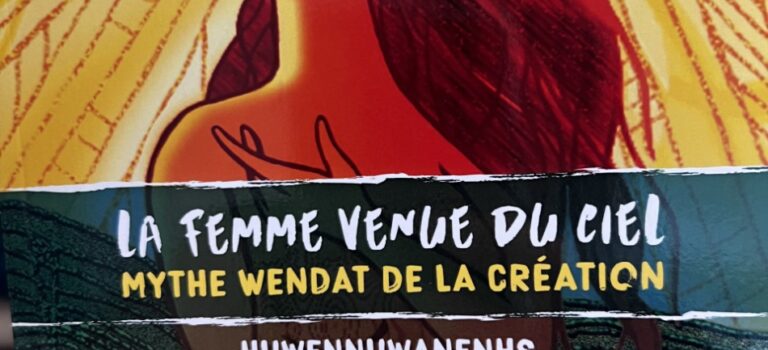Flipgrid is now Flip – and it has a blog! In its May 23 blog post Ways to be a better ally plus resources that help build effective allyship skills, Flip has presented a helpful starting point for creating a space in your classroom where people feel safe, valued, and heard.

I was recently in a course where we were told we are not the saviors. That has stuck with me. It’s not up to me to be the voice that creates change, but I can use my voice, use my privilege, to create a space for authentic voices to be heard.

As I have been thinking of how to do this, I keep coming back to resources. The books, podcasts, websites, videos and posters I choose to present to my classes can and do help in the creation of this space. So, I need to choose them well.
This summer I have worked to create a resource library of items I can use in my efforts to be a better ally both in my classroom and out. I fully notice that the resources in this list are specific to First Peoples. It is such as I am presently decolonizing my courses, aligning them with current curriculum. As I use them this year, I will post free resources in the form of lesson plans that you can use in your classrooms as they fit your curriculum.
Here’s the list (so far).
BOOKS
When we were alone by David A. Robertson and Julie Flett
- Debout comme un grand cèdre by Nicola I. Campbell
- Si je disparais by Brianna Jonnie with Nahanni Shingoose
- Why Indigenous literatures matter by Daniel Heath Justice
- One story, one song by Richard Wagamese
- Stolen words by Melanie Florence
- Jingle Dancer by Cynthia Leitich Smith
- I am not a number by Jenny Kay Dupuis and Kathy Kacer
- A day with Yayah by Nicola I Campbell
- La femme venue du ciel, myth wendat de la création by Huwennuwanenhs Louis-Karl Picard-Sioui
- Shin-chi’s canoe by Nicola I. Campbell
- When I was eight by Christy Jordan-Fenton and Margaret Pokiak-Fenton
- Not my girl by Christy Jordan-Fenton and Margaret Pokiak-Fenton
- Eagle soaring by Roy Henry Vickers and Robert Budd

Coming soon! The secret pocket by Peggy Janicki
WEBSITES




